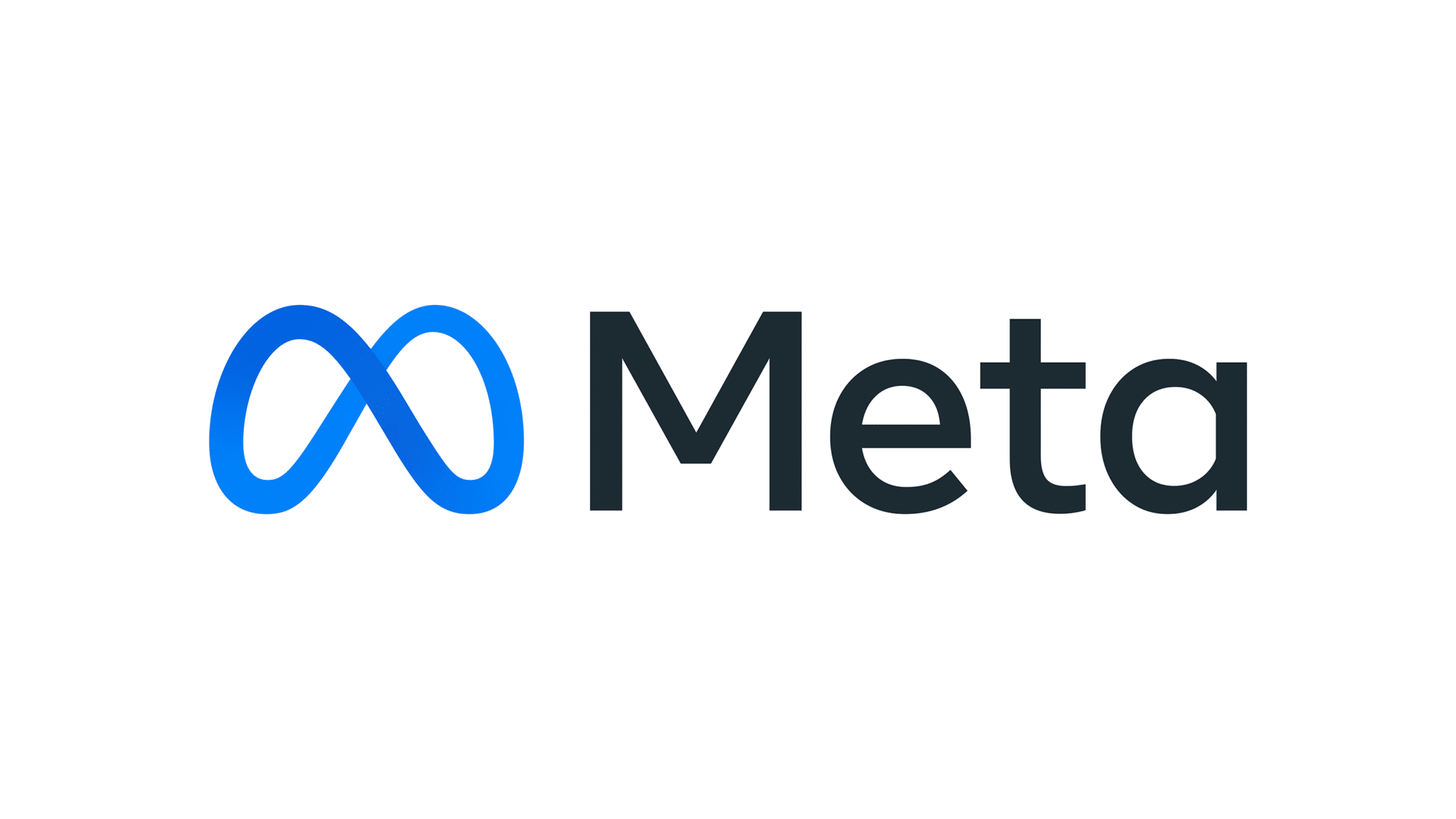Mark Zuckerberg strongly denied the idea that Meta's new generative AI focus means a pivot away from AR/VR.
Meta has been heavily investing in AI research for more than a decade now. Meta's AI research lab was established as Facebook Artificial Intelligence Research (FAIR) back in 2013 and is led by Yann LeCun, a pioneer of deep learning known as one of the three "Godfathers of AI". It has since become one of the leading AI research labs on the planet. Some of the fruits of this research have benefited Meta's products in recent years, such as its recommendation and moderation systems in Instagram and its tracking and computer vision software in its Quest headsets.
Meta's interest in AI has received a lot more public attention in the past year however amid the advancements in and popularization of large language models like OpenAI's GPT series and Meta's open-source competitor series LLaMA. This has led to claims that Mark Zuckerberg is pivoting away from his focus on Reality Labs, the company's AR/VR division.
Zuckerberg this month declared that Meta is strongly investing in a new goal of building artificial general intelligence (AGI), which was interpreted by some as further evidence of this apparent pivot. But in an interview with The Verge's Alex Heath, Zuckerberg strongly pushed back on the idea.
Here's what he told Heath when it was brought up:
“I don’t know how to more unequivocally state that we’re continuing to focus on Reality Labs and the metaverse”
"It’s not just a tradeoff between those two things."
Meta is currently spending more than $15 billion each year on Reality Labs. In its Q3 2023 earnings call, which took place in late October, the company's CFO Susan Li said she expected Reality Labs losses to increase in 2024, due to "ongoing product development efforts" and "investments to further scale our ecosystem", strongly suggesting that spending figure will go up, not down.
More than 50% of Reality Labs spending is on the research and development of AR glasses, a future product line that hasn't even launched yet, and Meta is reportedly also developing both a cheaper version of Quest 3 and a successor to Quest Pro in partnership with LG.
On the content side, Meta has acquired eight game studios in recent years and recently released two AAA games for Quest, Asgard's Wrath 2 from one of its studios and Assassin's Creed Nexus from Ubisoft. It also continues to heavily invest in its Horizon "metaverse" platform, bringing it to mobile and web last year and building a first-party studio to ship high quality games inside it.

Zuckerberg has repeatedly described Meta's AR/VR ambitions as a multi-decade endeavor, and as far as we can tell he isn't backing down on his commitment to it. It may generate clicks to suggests Mark Zuckerberg is reducing his investment in the "metaverse", but the idea just isn't rooted in reality.
from UploadVR https://ift.tt/URXsumT
via IFTTT

No comments:
Post a Comment